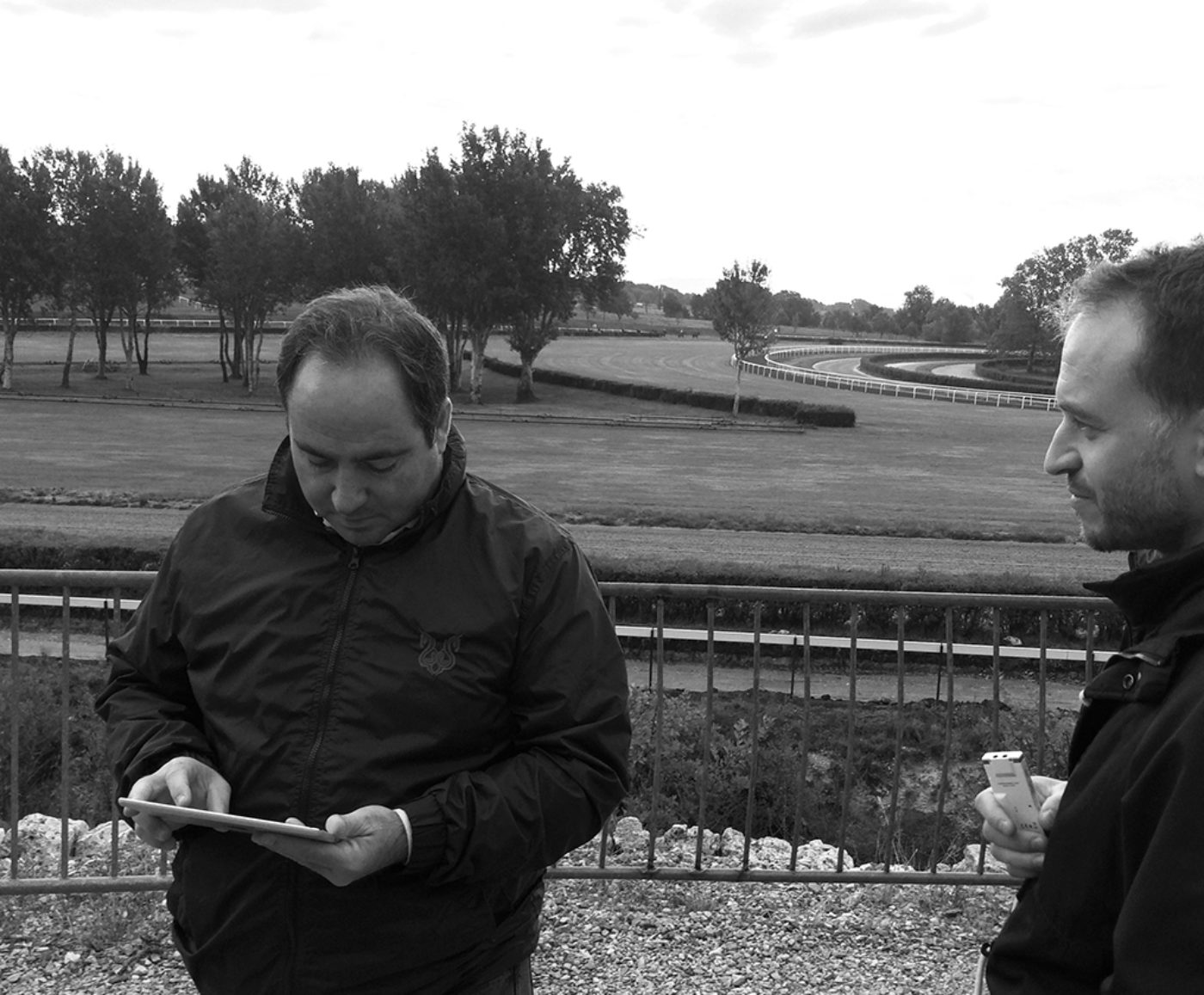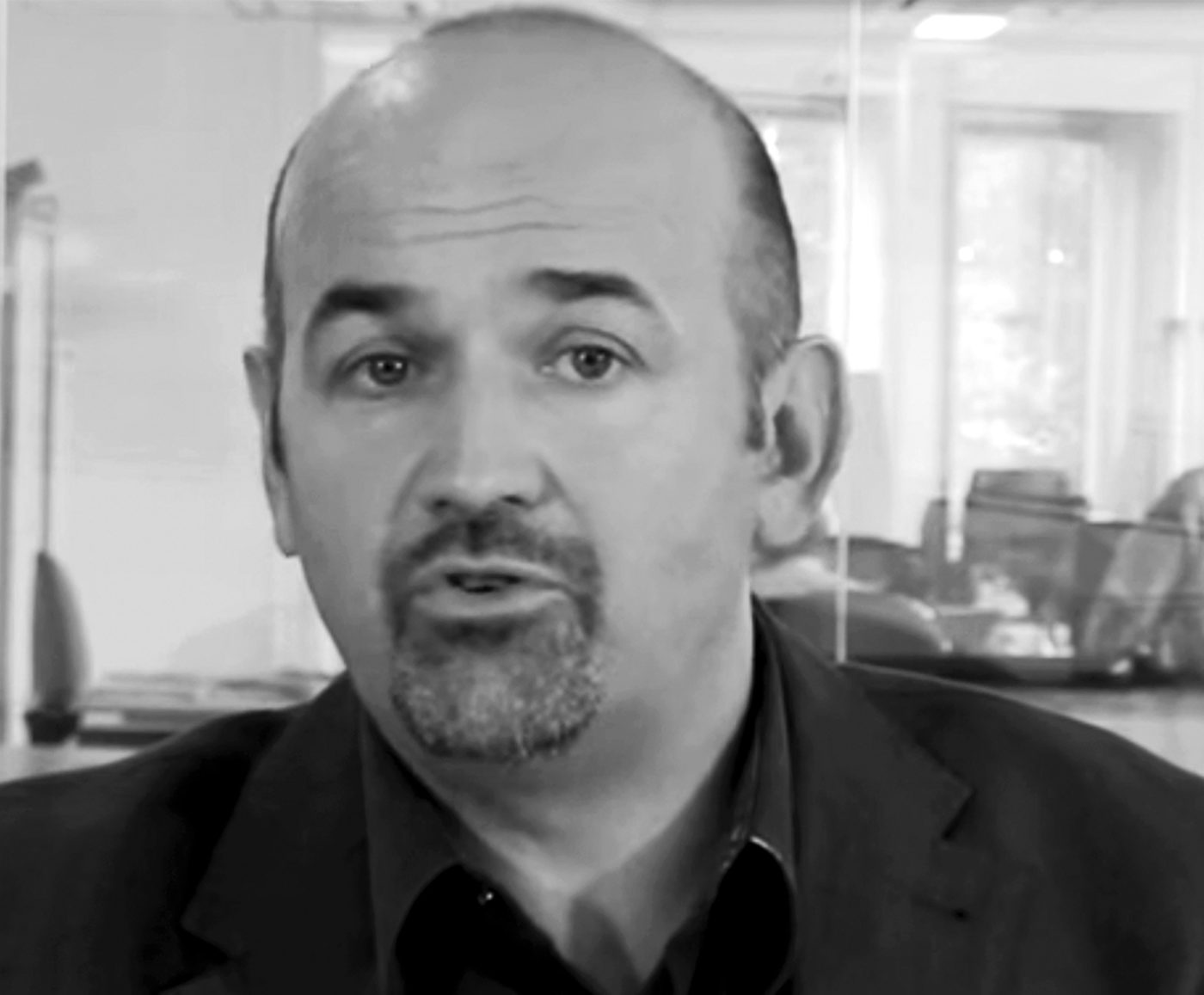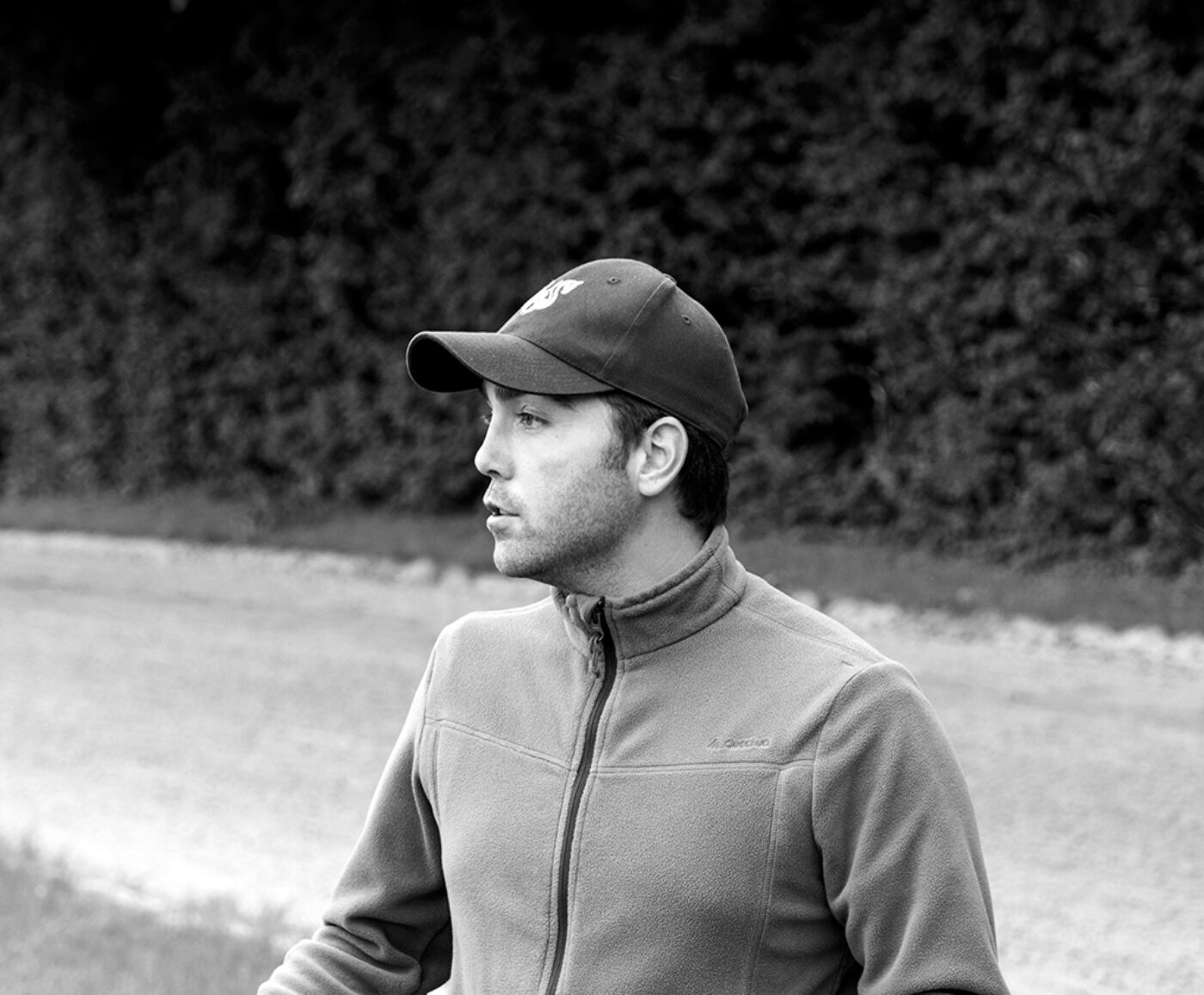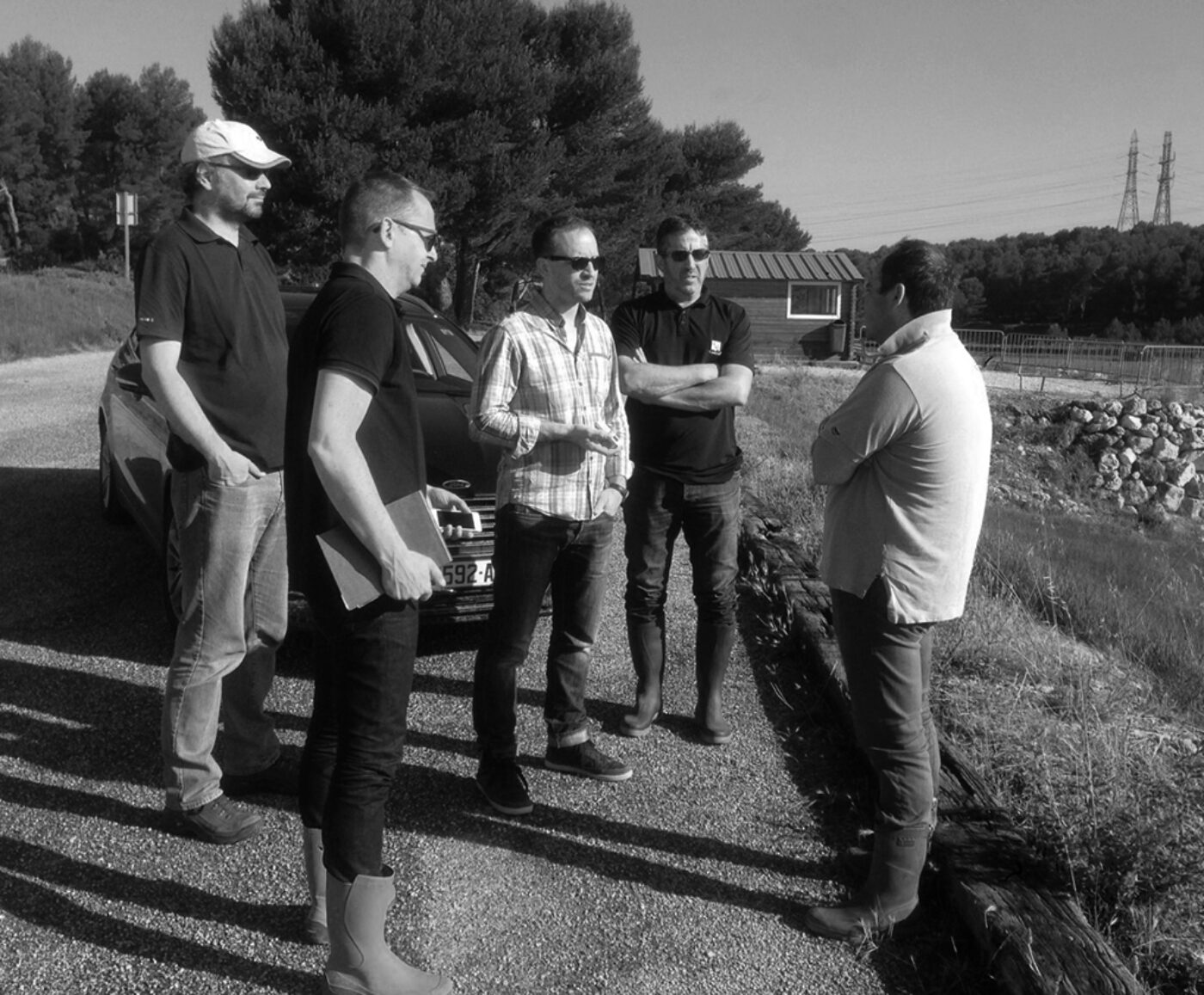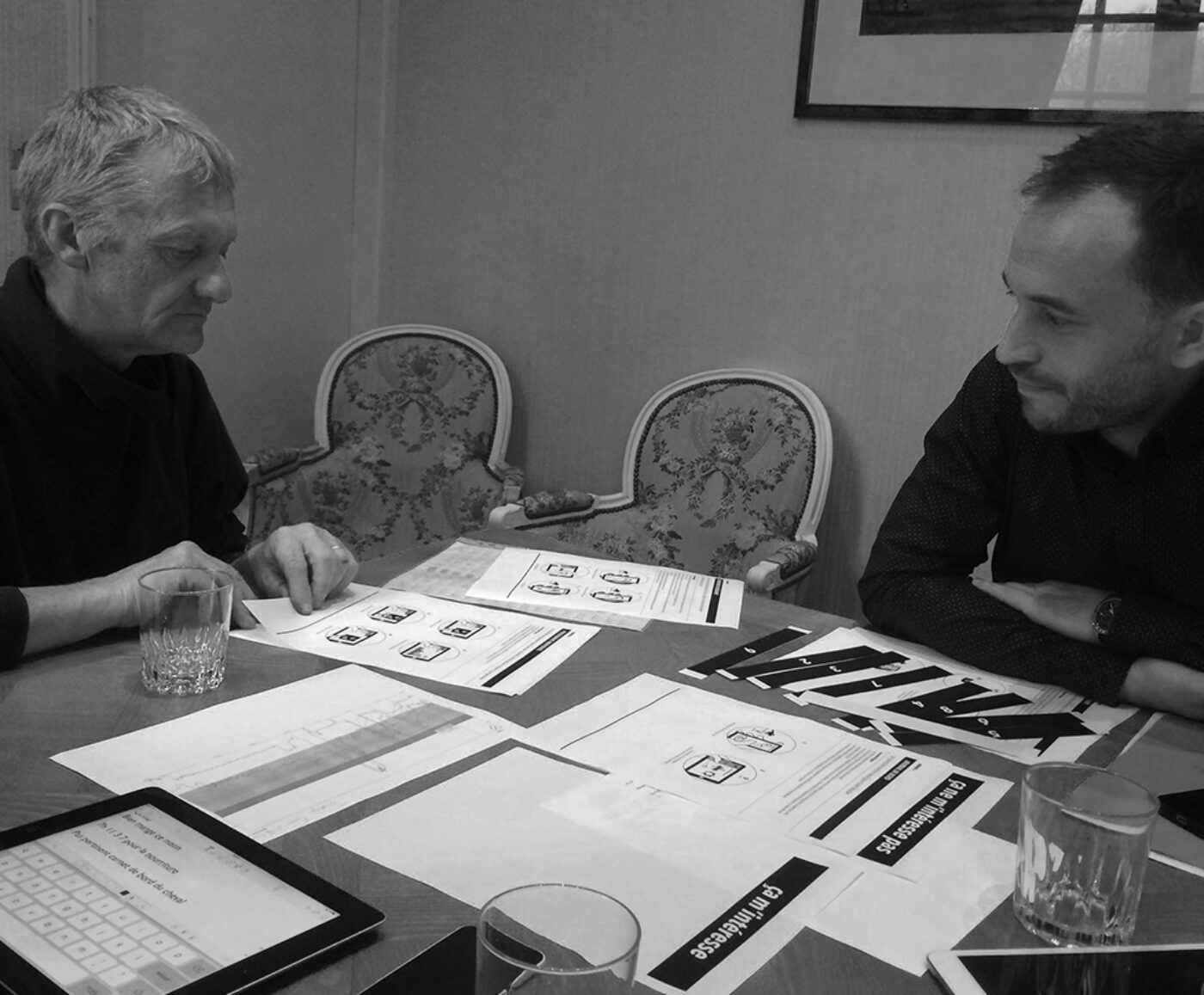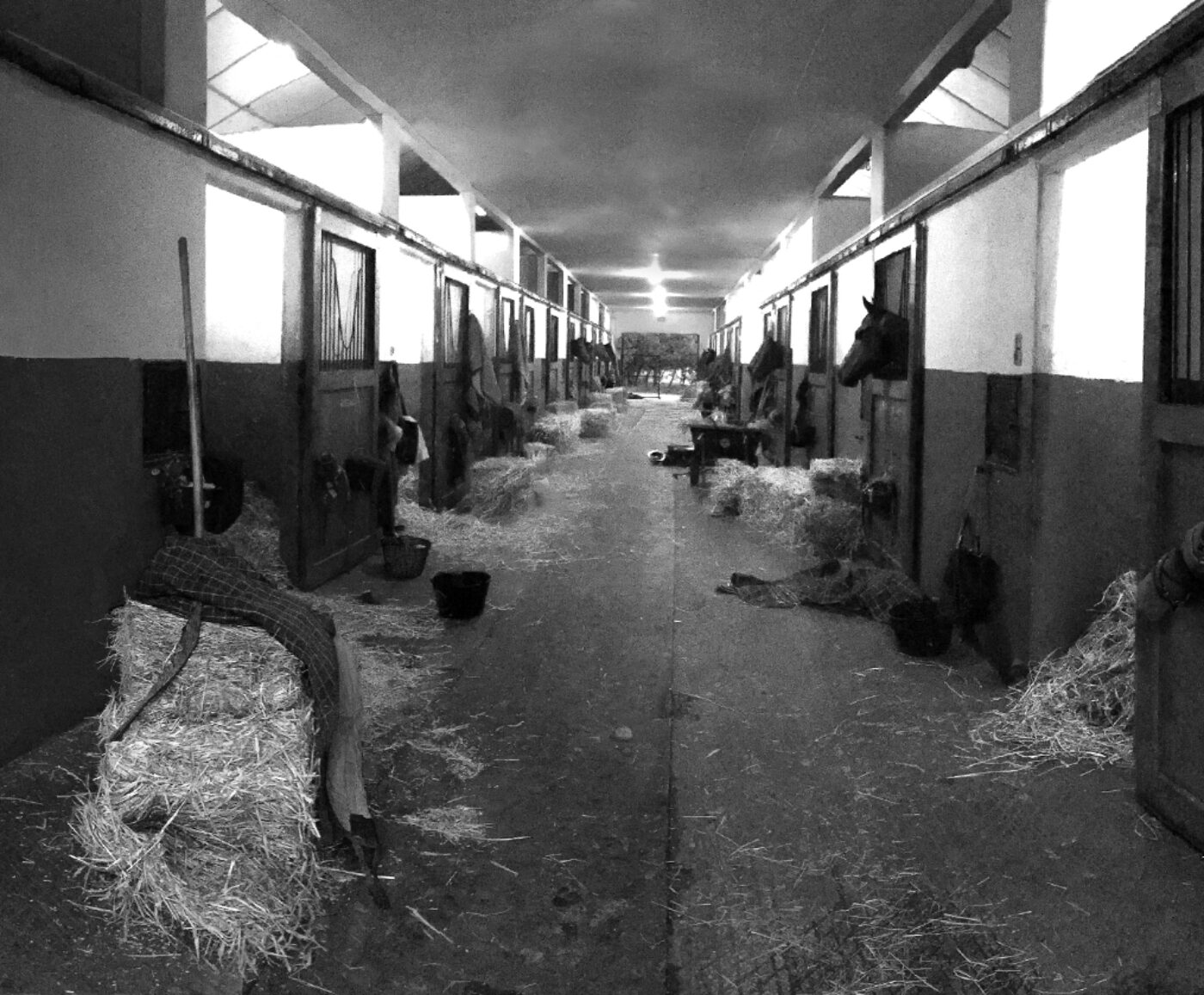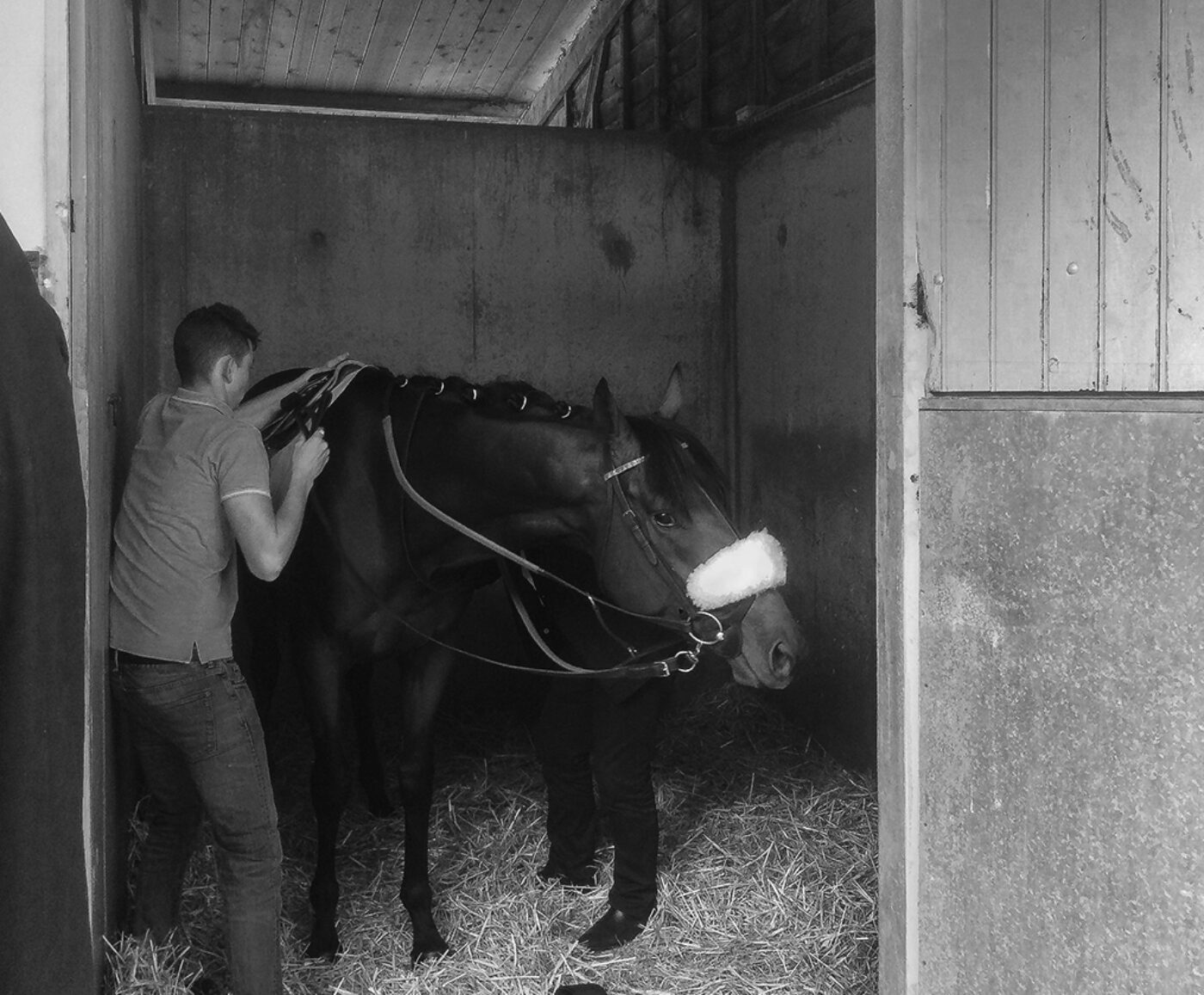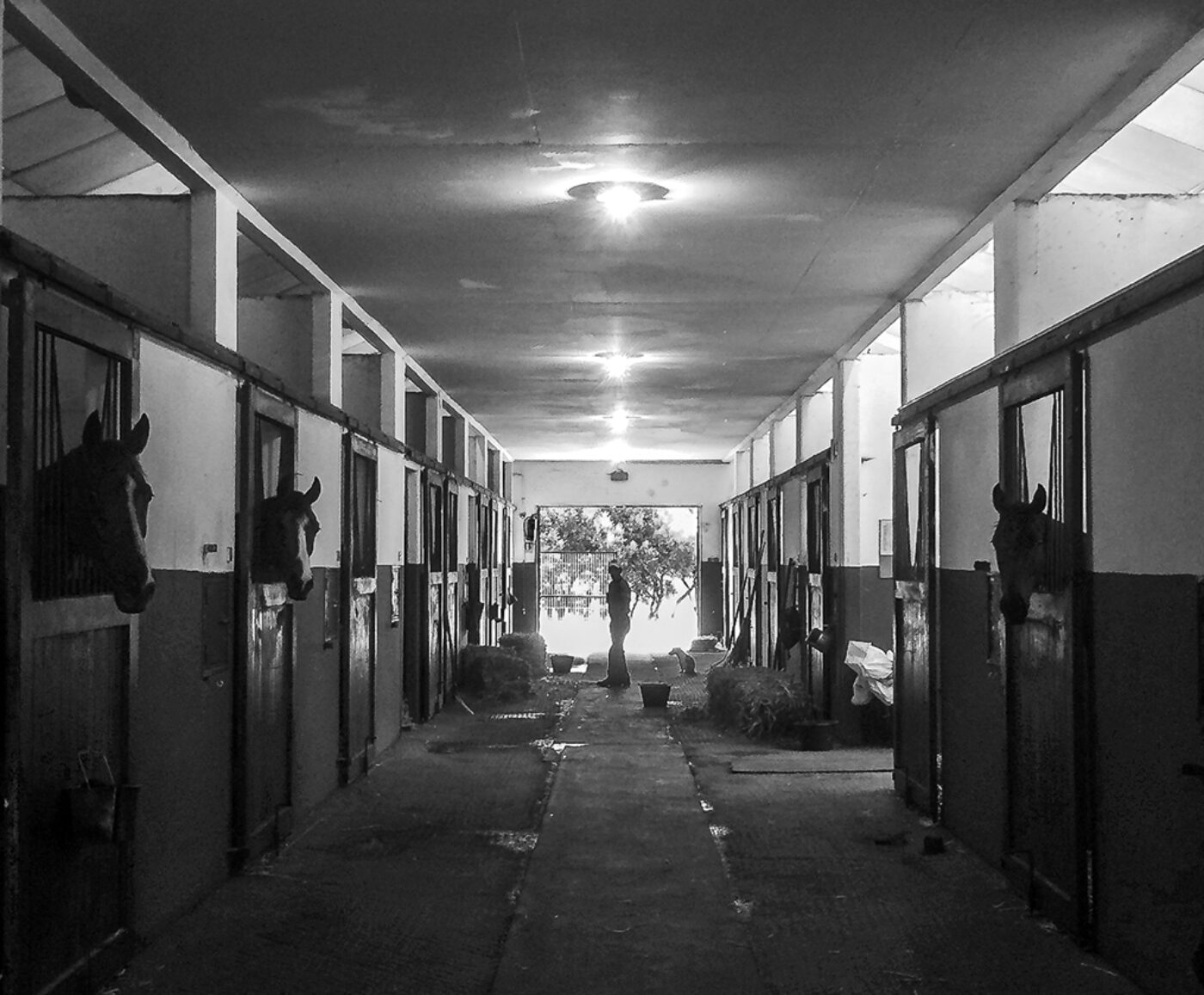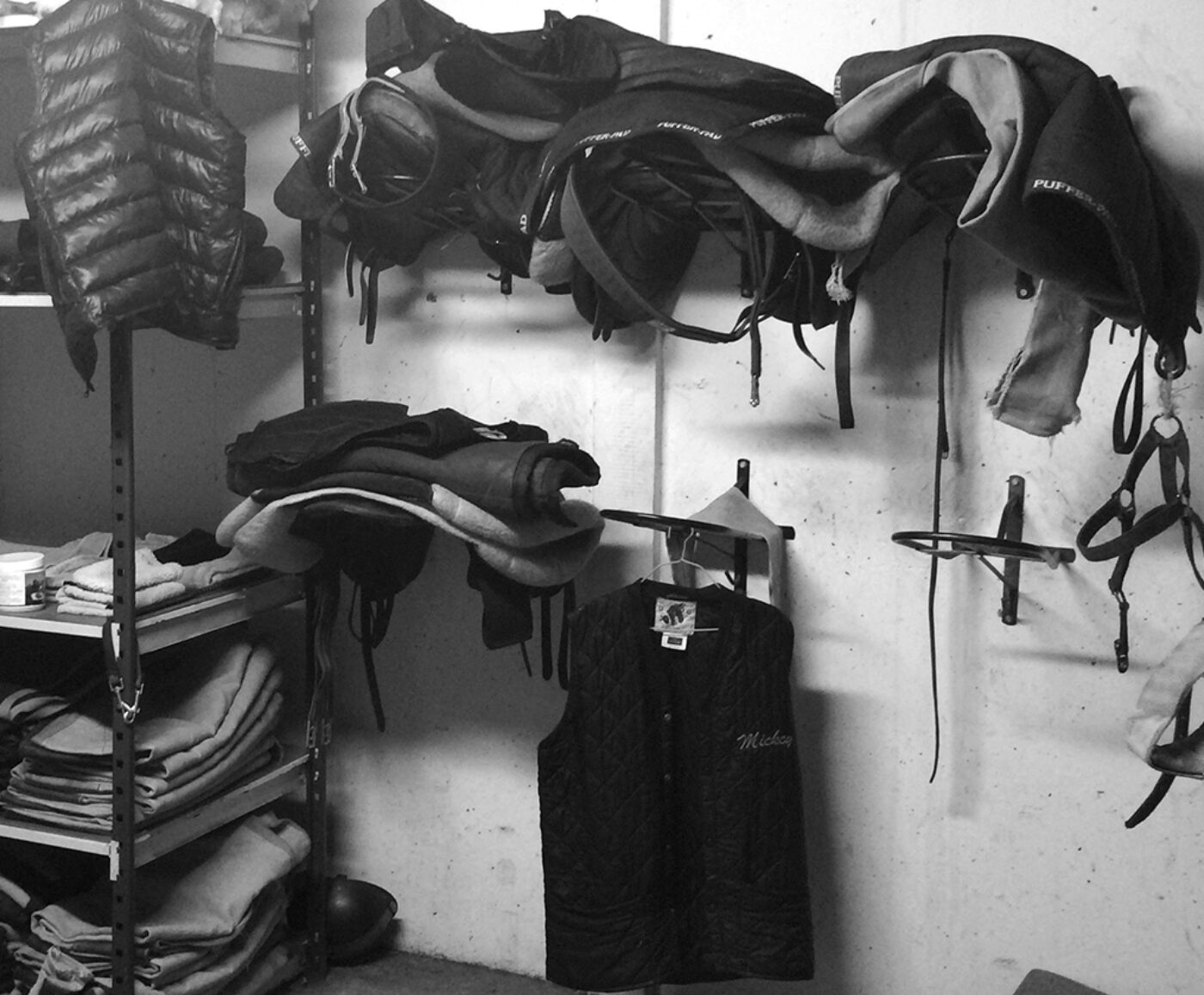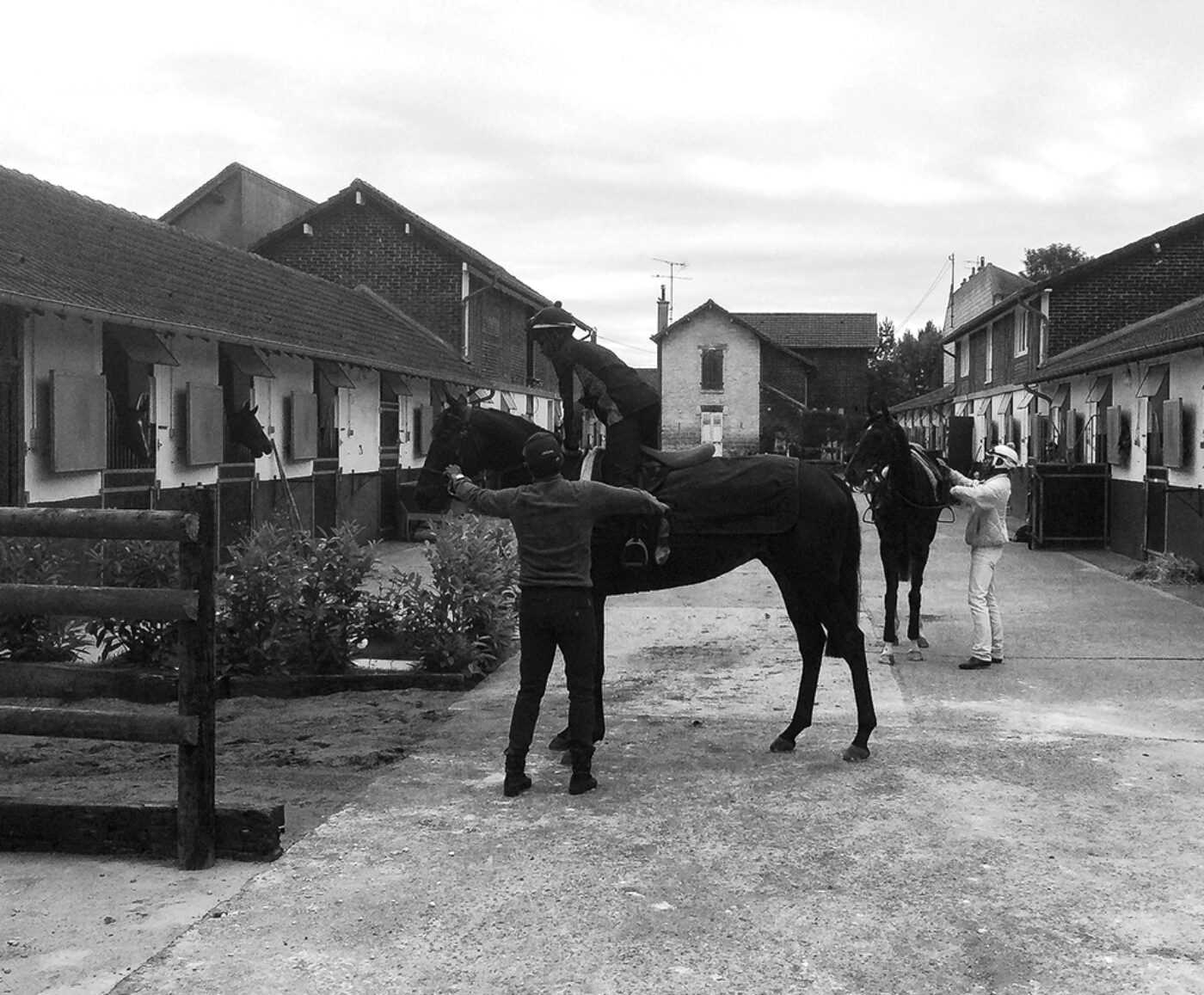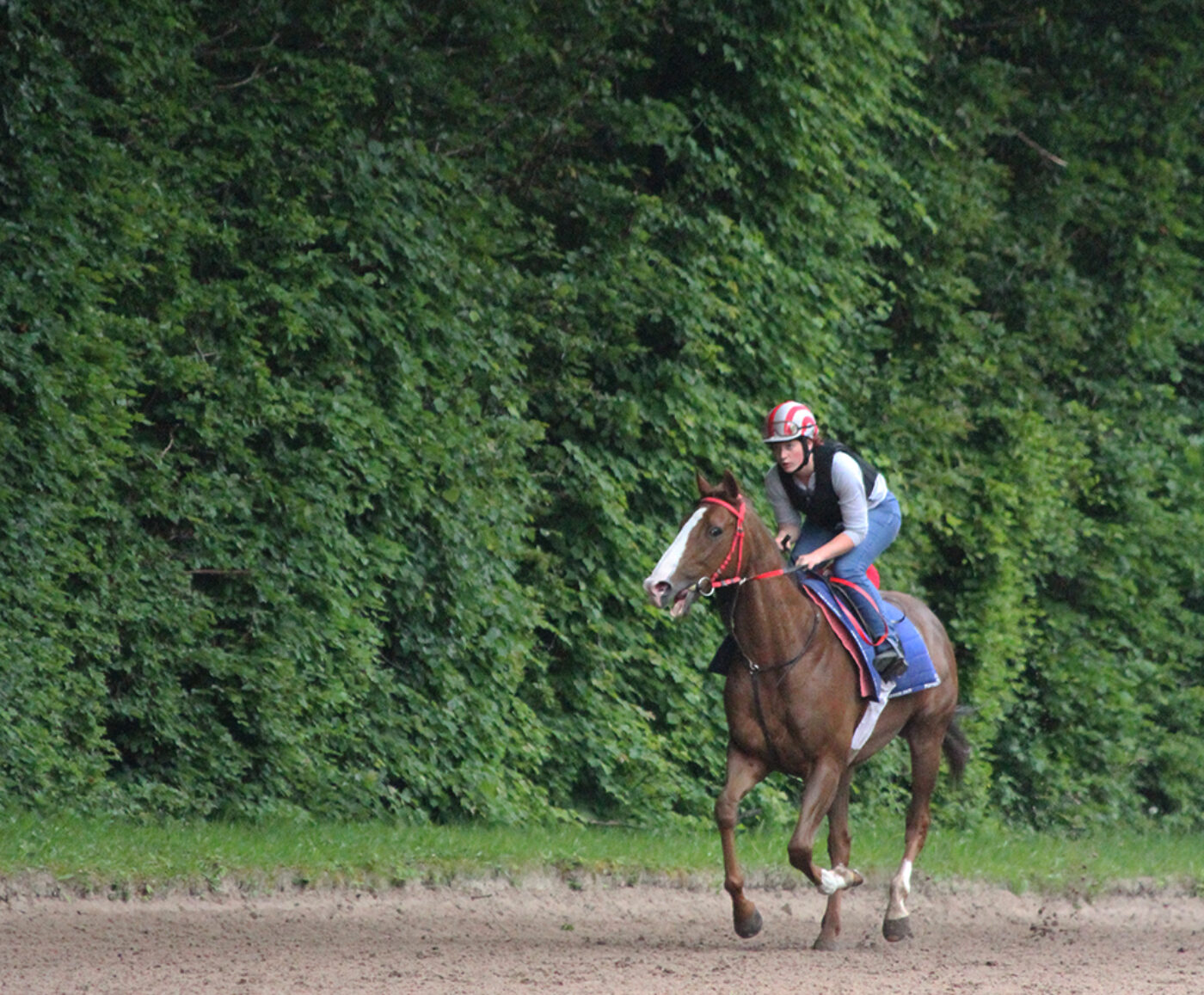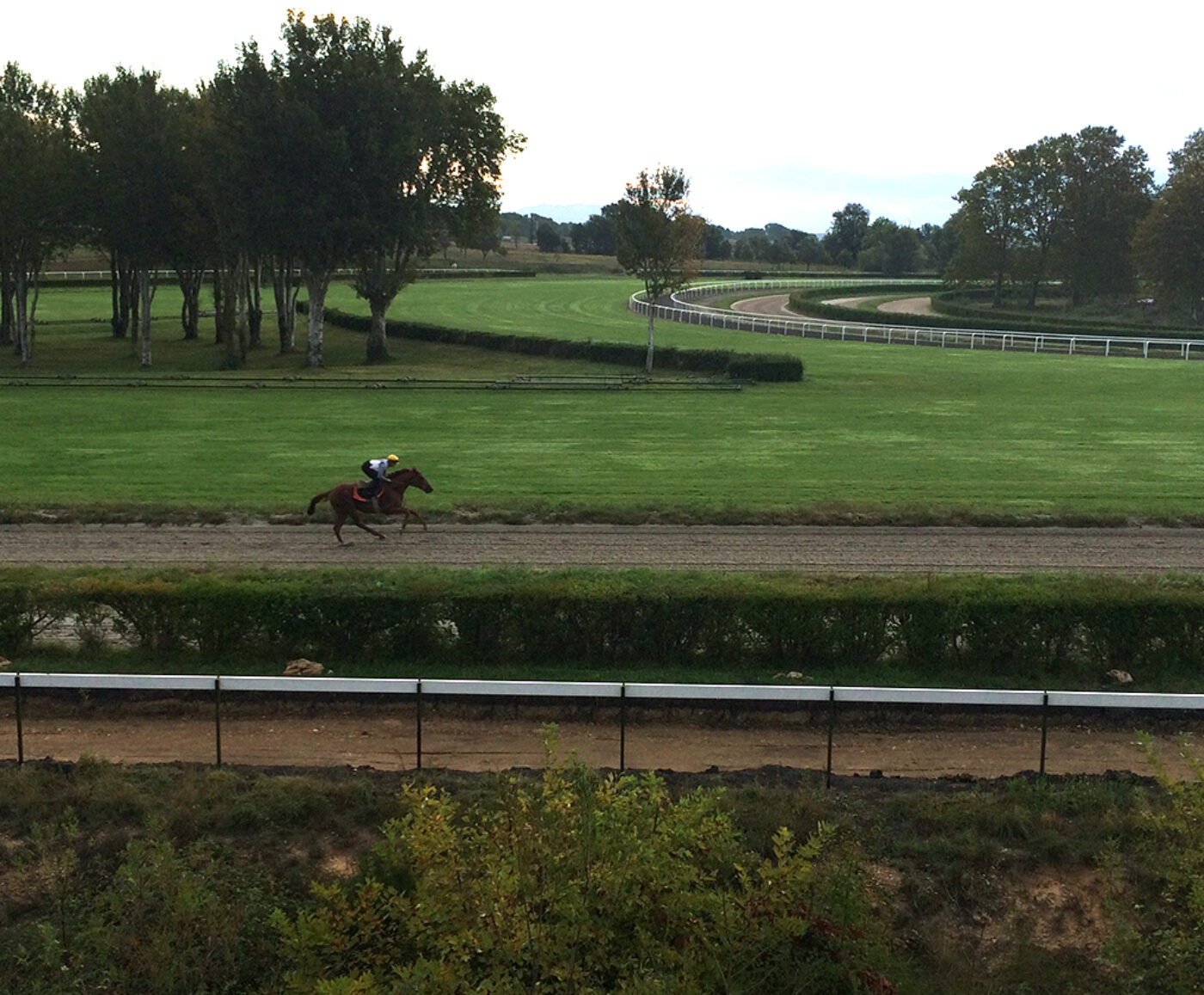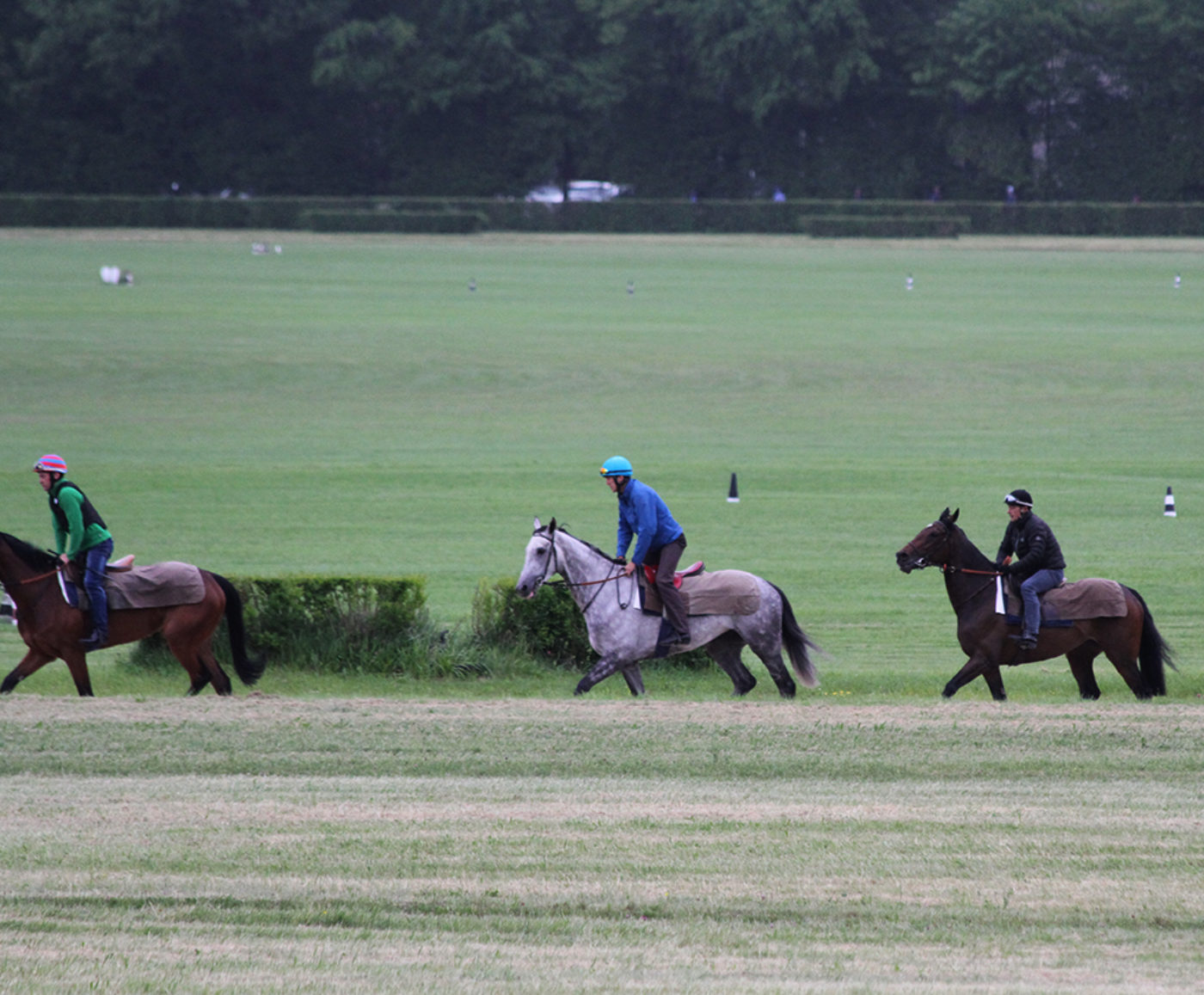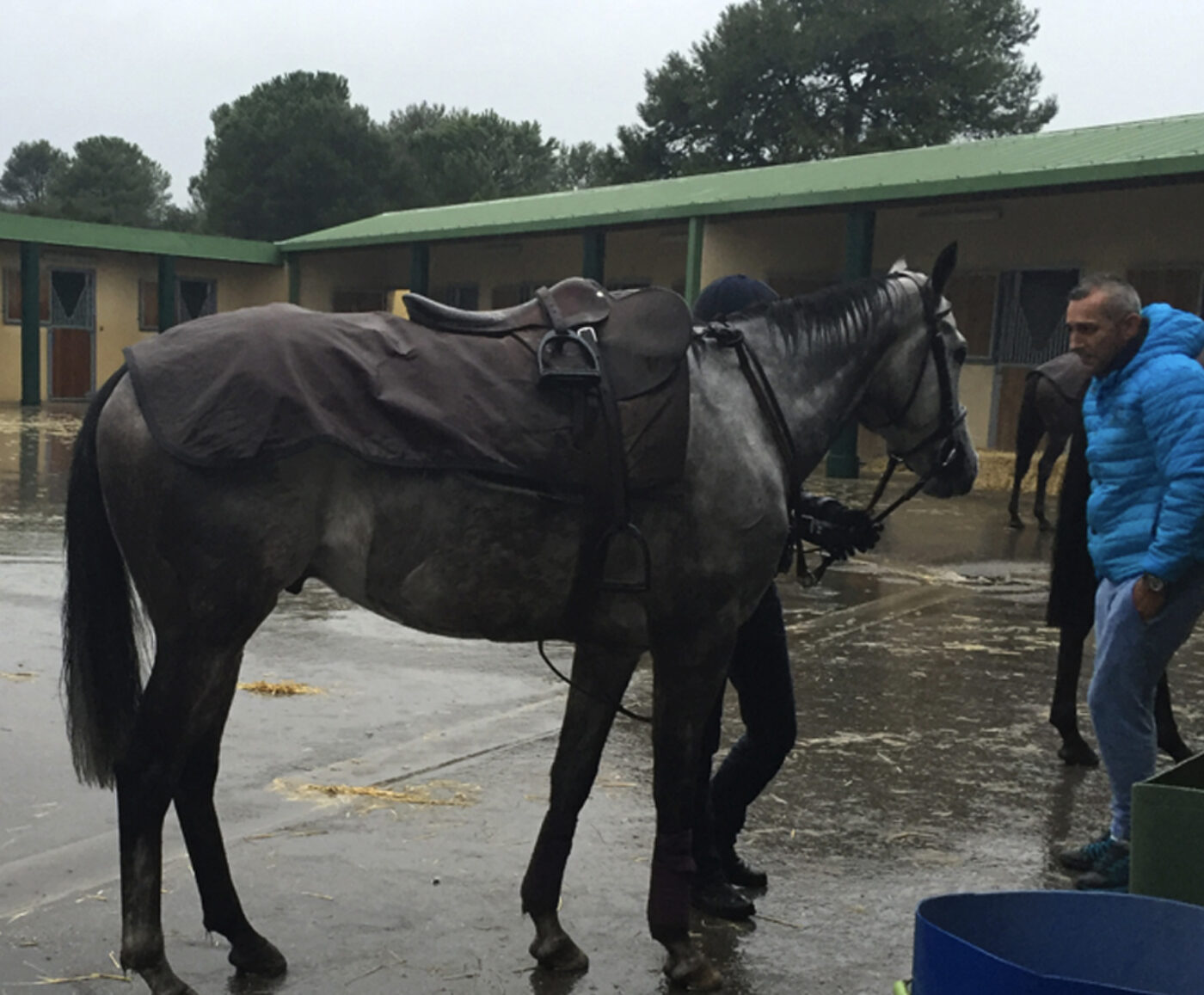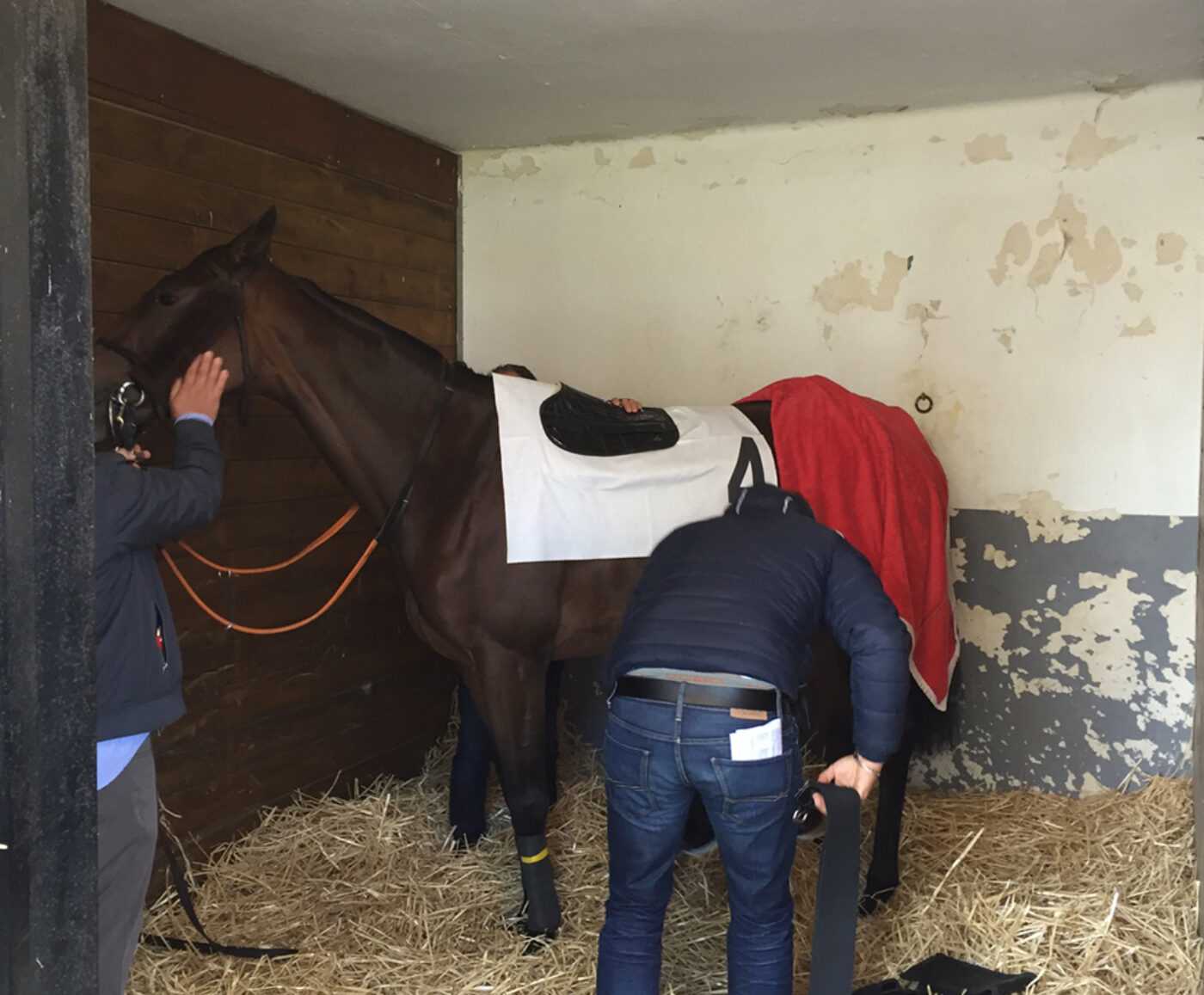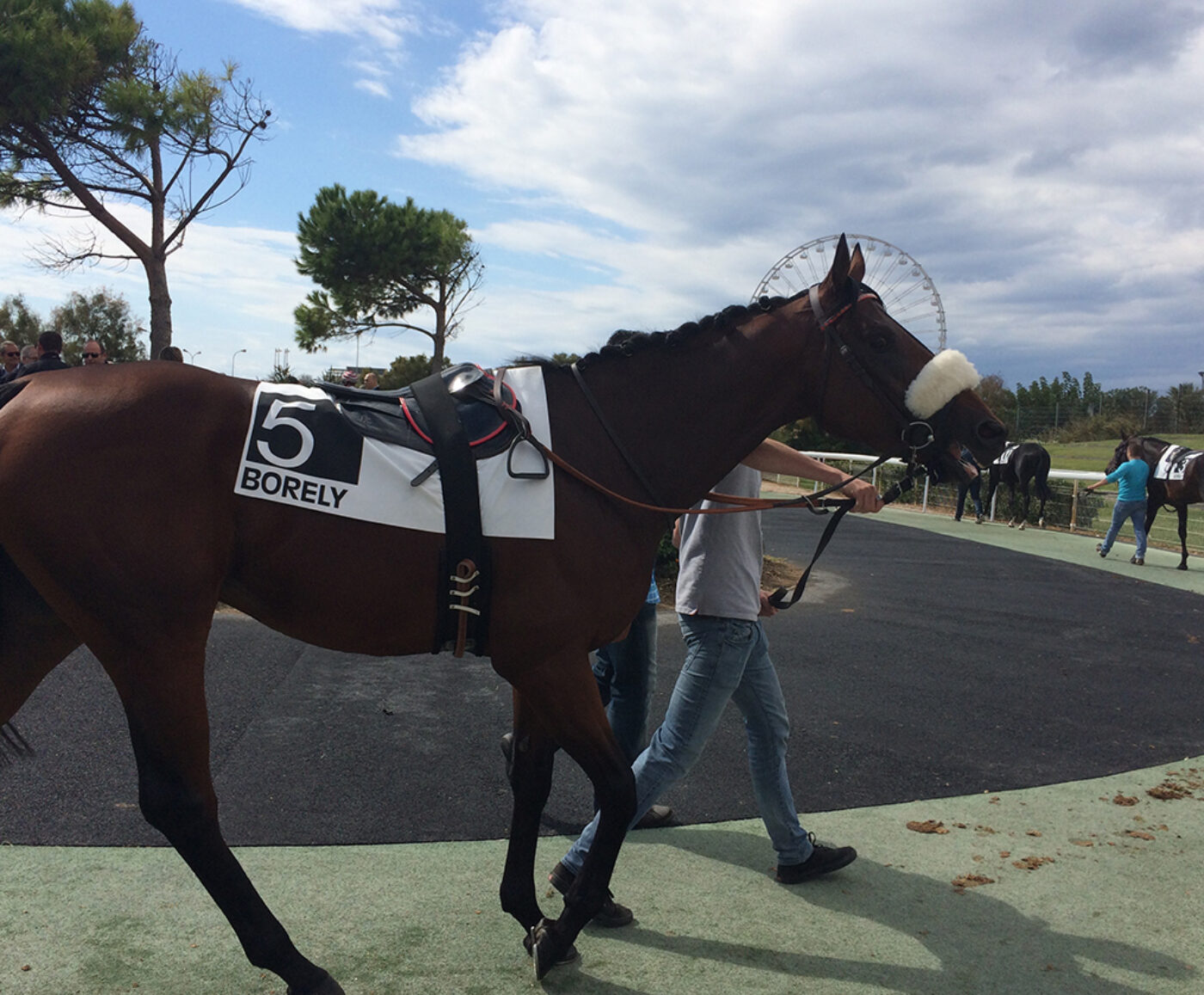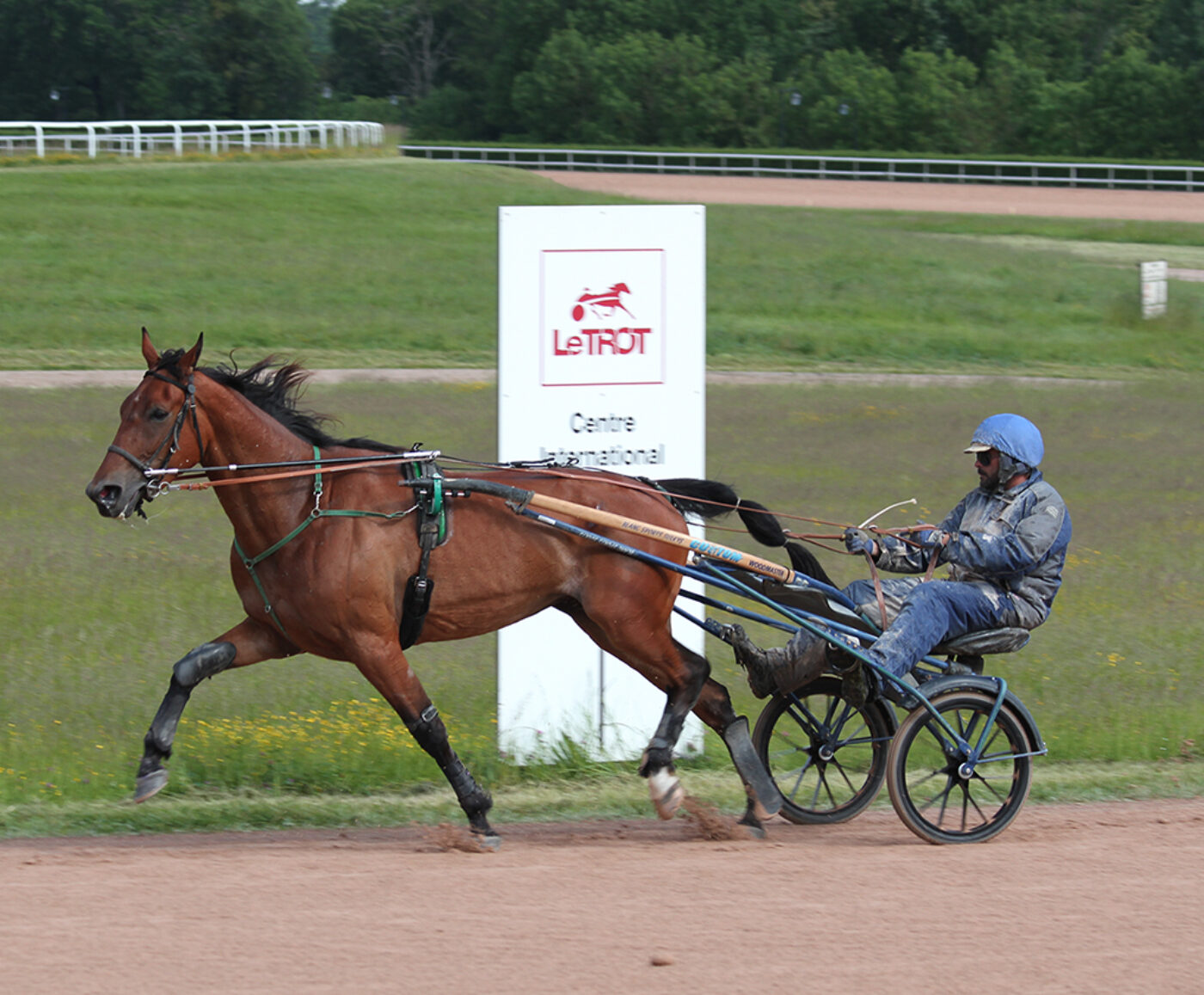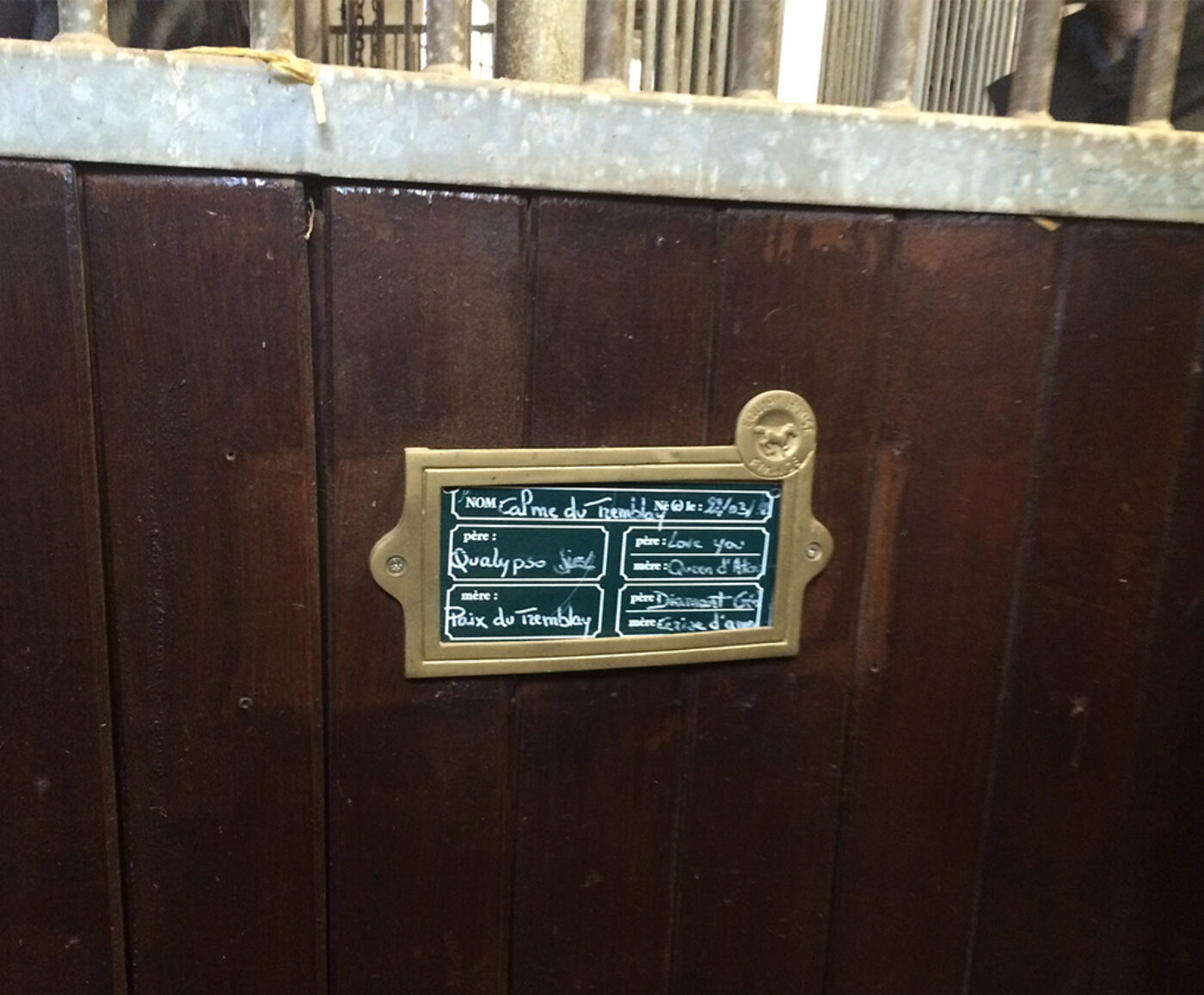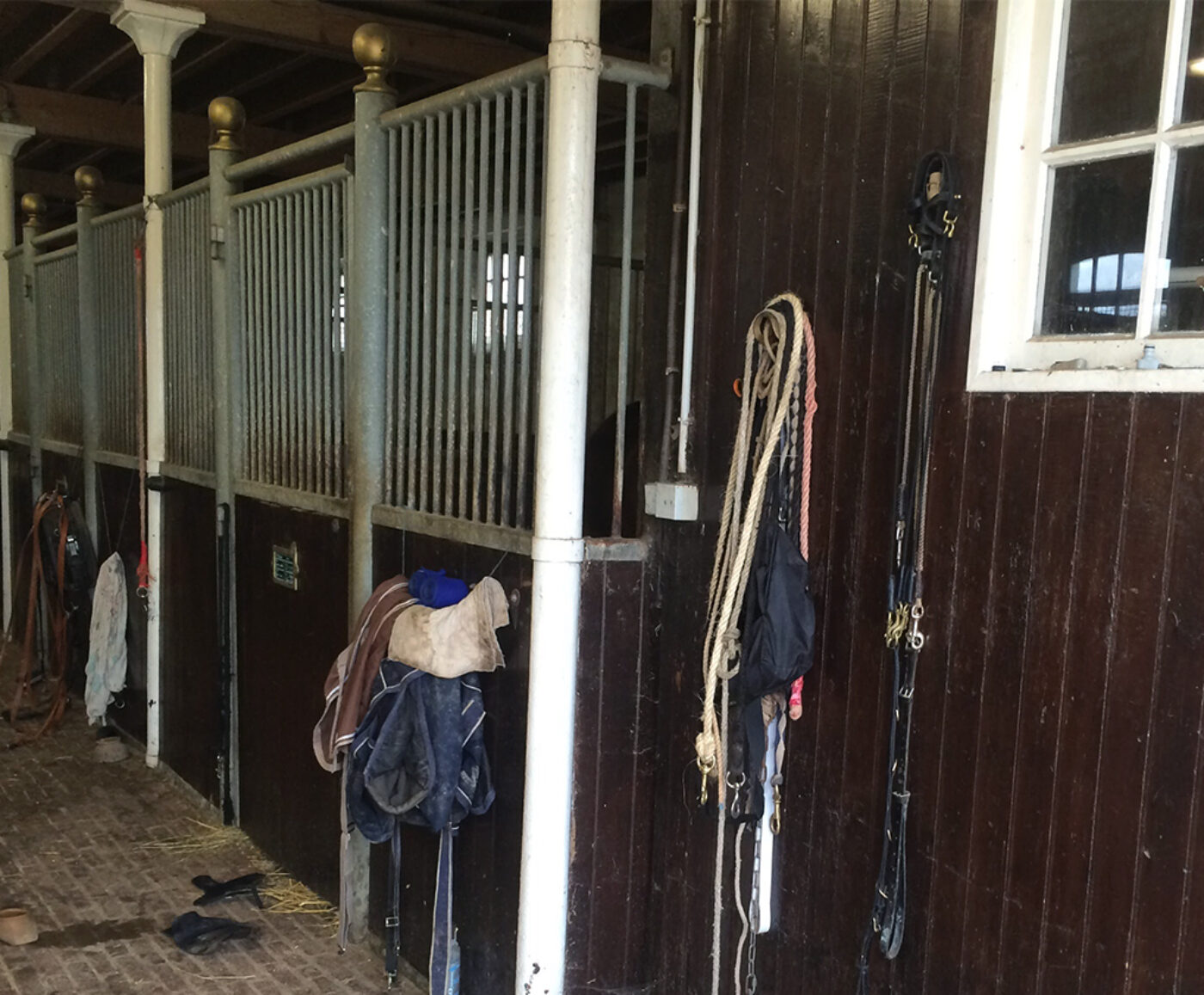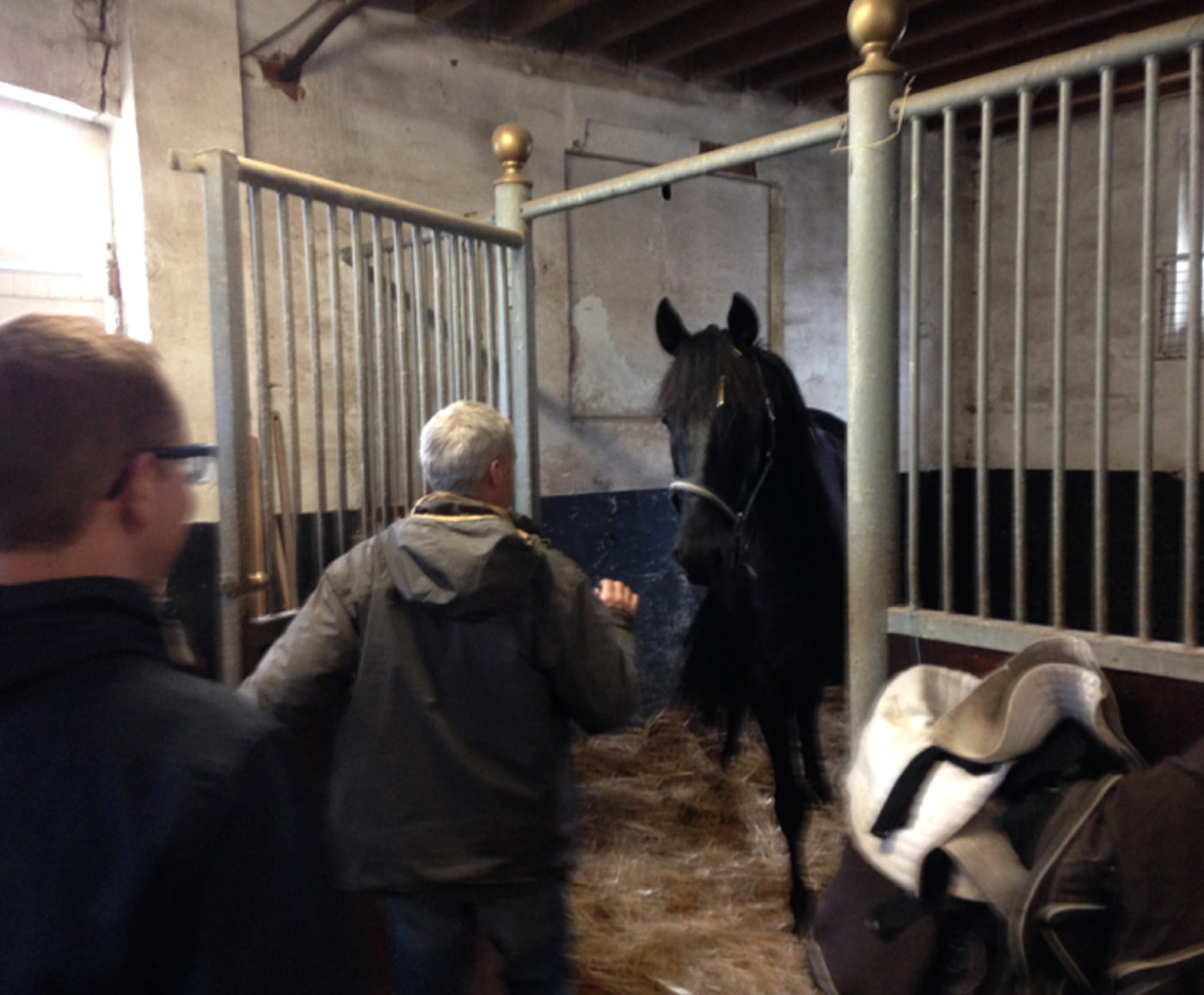
Inventing a New Business.
Customer: Paris-TurfFrom Specialized Press to the Internet of Things.
January 2016: Souffl teamed up with the general management of the Paris-Turf Group, leader of the equestrian press, to launch a bold new project: reinventing the future of their business. December 2017: less than two years later, the Paris-Turf Group announced the launch of Exalt training, the first performance tracking solution developed with racehorse trainers in mind. Exalt training is the result of detailed scientific research, precise engineering and demanding design, carried out by Souffl over the course of two years (cf. Case study:the development of Exalt training). It also represents the creation of a new business, the culmination of a fantastic innovation journey started from scratch and undertaken hand in hand with the teams at Paris-Turf. Here is the story of this entrepreneurial adventure.

The spirit of adventure.
It is commonly accepted that speed is the most important requirement for a successful innovation project. Going fast, launching without delay, like a sprinter. However, the idea that innovation is merely a step away from starting-blocks is wrong.
To embark on an innovation project is to venture out and prepare for a long-haul journey.
September 2015: For the past few months, upper management at the Paris-Turf Group had been working with the executive committee on the group’s strategic orientations for the next three years. Already a leader in the equestrian press, they knew that they had the potential to expand their international presence, and had to bring their tools and organization into the digital age.
They also anticipated the need to be more daring. Their idea was to create a new business that would help the group diversify its activities in the future. With this objective in mind, Souffl came in to support the Paris-Turf Group throughout the creation of this new business, from the initial brainstorming on the nature of diversification, through the definition of the concept, the prototyping and testing phases, followed by the development of the new project, and finally to its integration within the organization. This case study illustrates how a leading group in the equestrian press sector was able to challenge itself and venture into a related market by launching the first tracking solution for racehorses.
Finding the right path.
The objective was crystal clear. But how could we identify the avenues to pursue in order to develop a profitable business for the group?
Souffl’s approach was to immerse themselves in their partner’s culture and core business activity. By doing so, they discovered that data collection and total control of the information value chain were at the heart of Paris-Turf’s culture. This data-related DNA became our starting point.
It was then a question of probing the group to draw up a panorama of all its potential futures, for the purposes of inventing a new business. Souffl illustrated visions of these possible innovations and formulated various concepts. Using this mapping of opportunities, Paris-Turf was then able to imagine another future and, ultimately, choose a path to follow: finding a way to exploit and leverage data in order to offer new services to horse racing professionals.
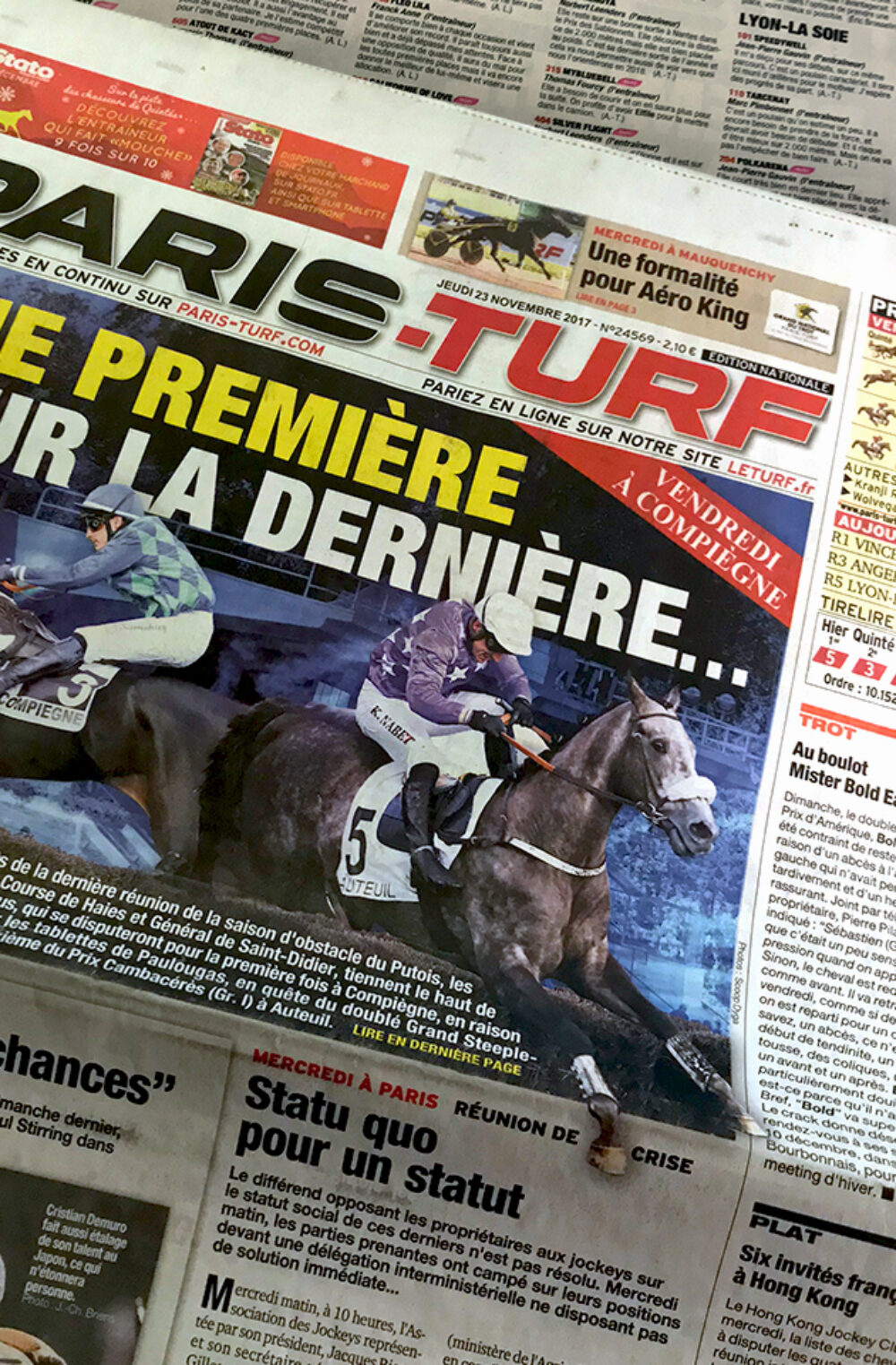
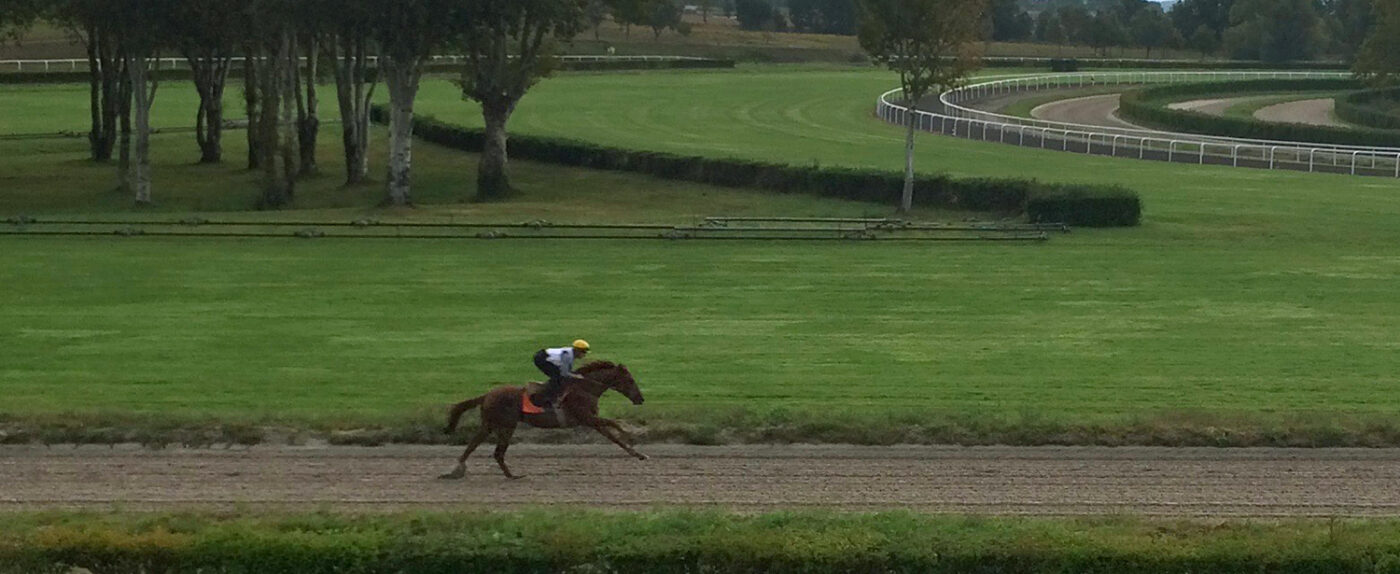
Field work.
In an innovation process, it is useless to spend time doing market research too early or building fictitious business plans: often, the answer is to be found out in the field.
Initially, it is crucial to take a step back and set aside enough time to observe, understand and analyze. The Souffl team went out into the field in order to better understand the roles of the different actors in the sector and to identify on what level the use of data could bring the most value. Having gathered a number of testimonials, we were able to identify a key player in this ecosystem: the trainer. We then conducted in-depth interviews with trainers to better understand their needs, environment, routines, and the specificities of their discipline. At the end of a series of meetings, we were able to draft a portrait of a future customer/potential user, a starting point for exploring potential new projects. Using our observations and leveraging the expertise within Souffl, we drew up a list of forty potential products and services with trainers in mind. Some would make their work easier, others were solutions to a number of their problems. Each solution was firmly established and held its own. We then selected the five best concepts, in order to present them to the group’s general management. One of our concepts retained their full attention.
March 2016.
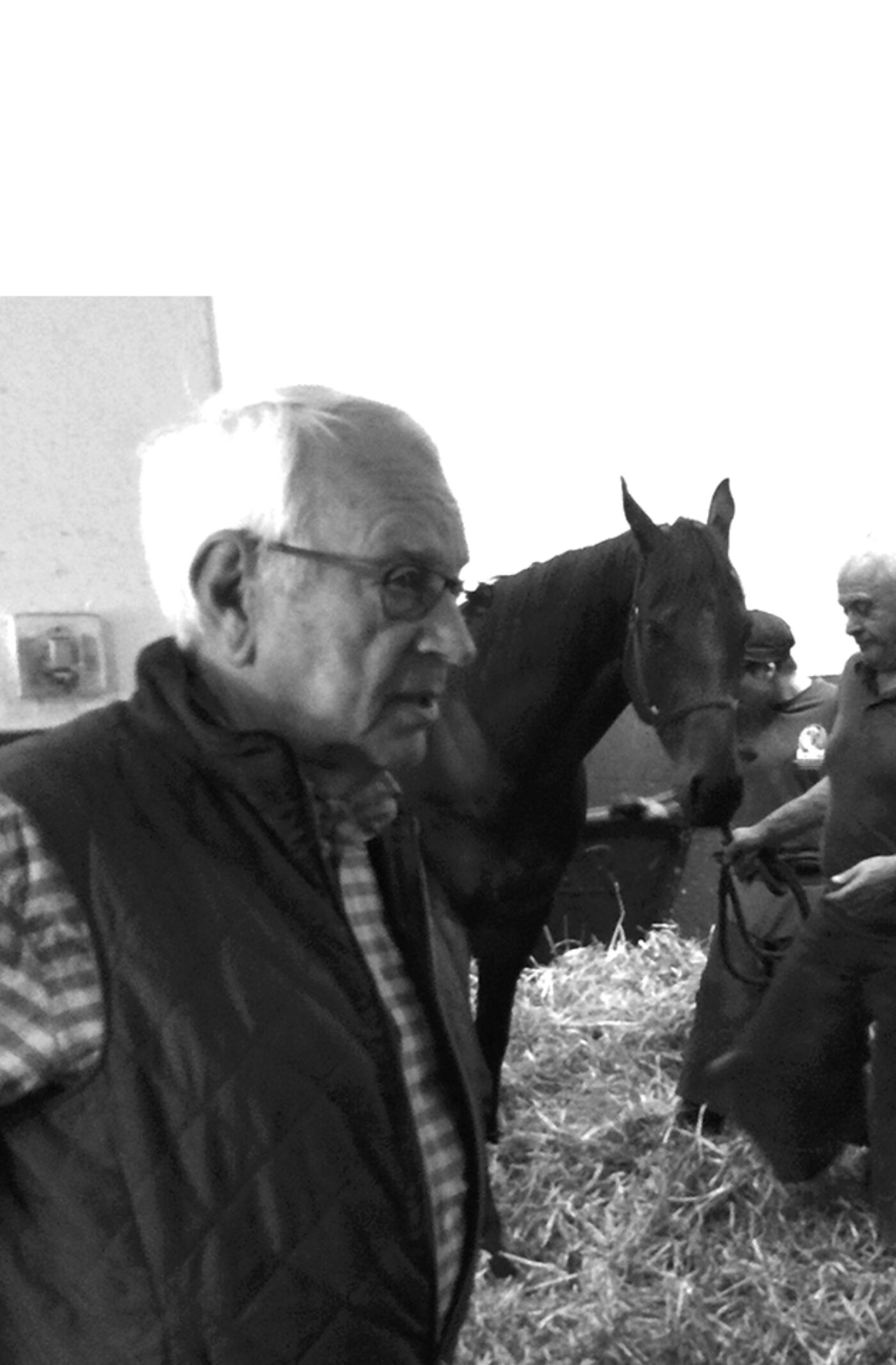
Our aim must be to make the trainers' lives easier - Jean Claude Seroul, owner.
The trainer at the heart of the ecosystem.
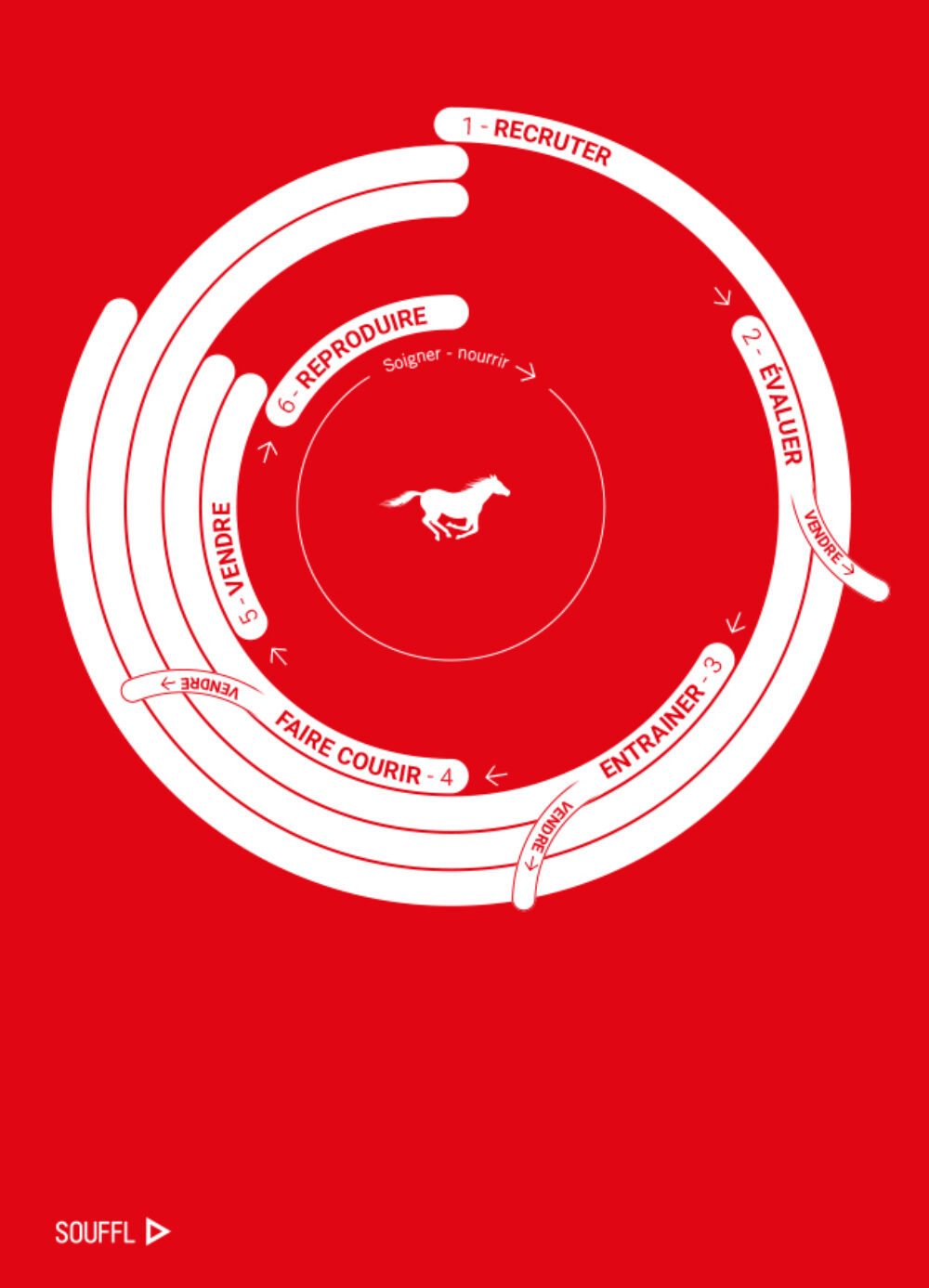
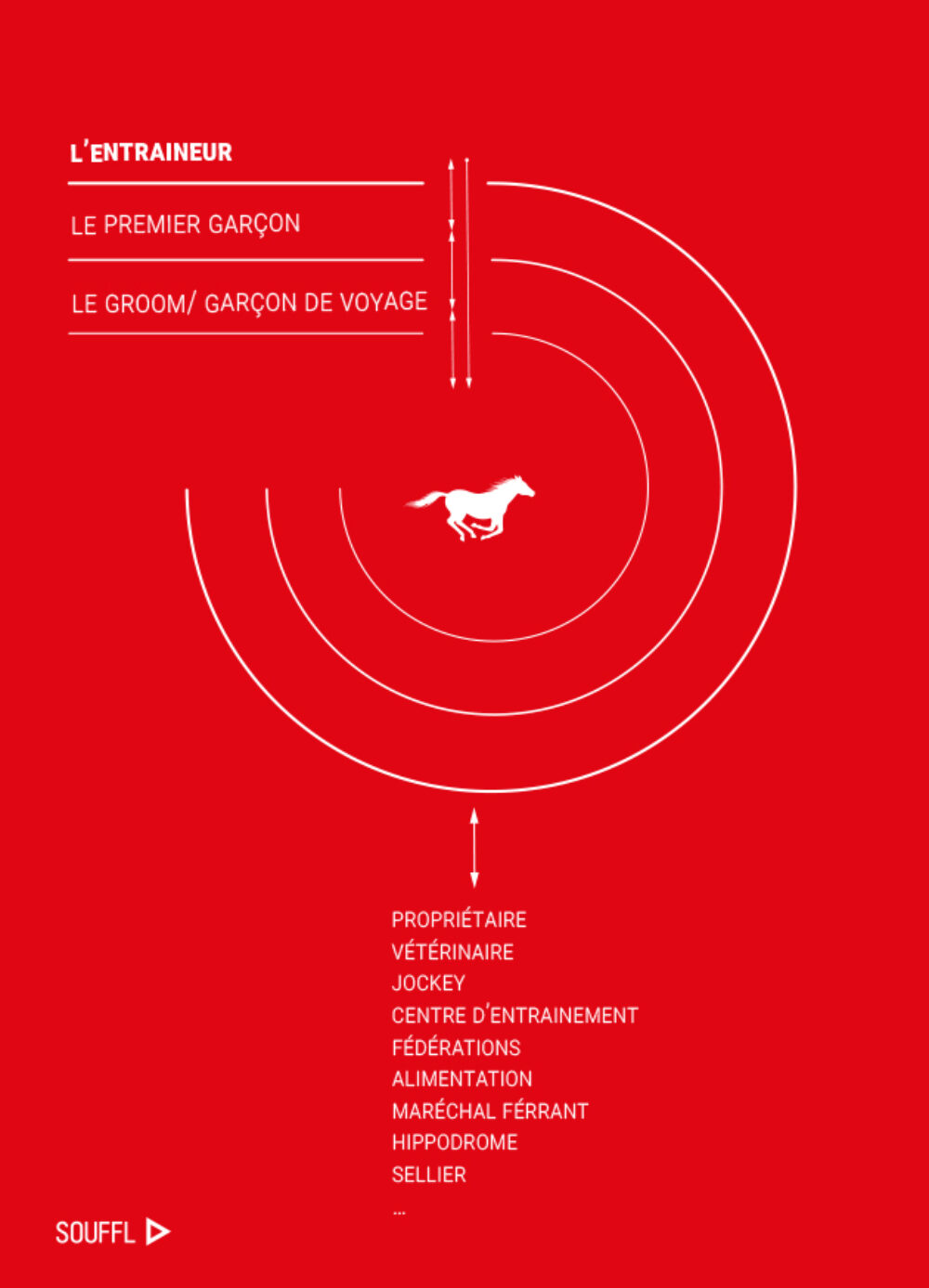
Following the right tempo.
To complete an innovation project, one must find and follow the right tempo. Knowing when to slow down and take a step back, when to accelerate and when to keep pace. The initial impulse for the Exalt training project was clearly given by the Paris-Turf’s general management. The group’s entrepreneurial spirit provided a remarkable boost from the very beginning of the project. They were fully aware of the importance of maintaining a good pace throughout. The aim was to be able to make swift decisions. Souffl managed to create the right conditions by organizing direct reporting between the project team and the group’s CEO, who had the necessary latitude to make such decisions.
Finally, it was crucial to define regular milestones to monitor progress. Souffl’s tools and methodology made it possible to highlight and share how the project evolved and what remained to be discovered.
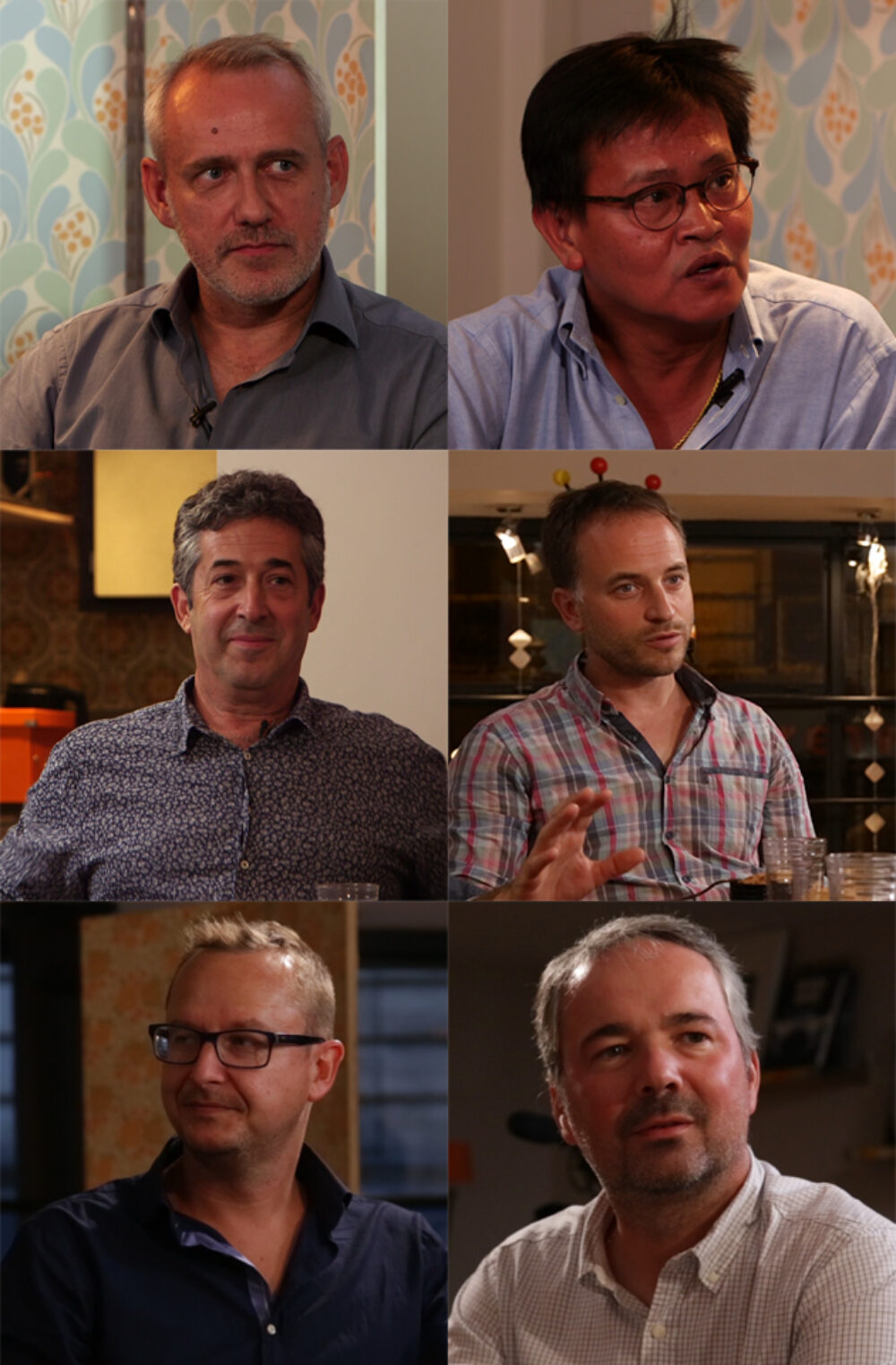
Dynamics and endurance.
This dynamic is the direct result of our time in the stables and the various interviews with trainers. Souffl followed all the stages of their training sessions and interviewed their teams. This immersion phase really helped put the project team in the trainers’ shoes, and to build over the weeks a shared understanding of our future client/user.
Leveraging the cultures and skills that complement each other so well within Souffl’s team, and adding the tools we have developed in-house, we were able to fine-tune our interpretation and gain a comprehensive understanding of the trainer’s world. Knowing the end user well saved us months of research. The return on investment was not only measured in time, but also in energy. The project became more streamlined and we hardly encountered any friction. As a general rule, it is easier to get all stakeholders involved when a project is firmly rooted in the client’s requirements.
The design approach alone is not enough to drive a complex project, but it is a great way to strengthen its “aerodynamics” and take it further. Sharing the customers’ insights allows us to build a stronger vision for the teams, to be faster at each stage of the project, and more demanding with the global solution design.
Experimenting and validating.
Completing an innovation project is not just an adventure. It is an adventure to start with, but quickly turns into a building project. With Paris-Turf, Souffl’s team started as adventurers, and evolved into builders. The chosen concept was based on a service and innovative technologies, and its development required substantial financial resources. It was therefore critical to confirm its viability, even before committing the first dollar to the actual development. Souffl has set up a rigorous procedure for prototype experimentation and validation, which made it possible to define a value proposition that garnered the group’s support. The main benefit of this approach is not in the speed it provides, but in the value of confirmation. Success depends first and foremost on the scientific rigor of the approach, rather than on its agility.
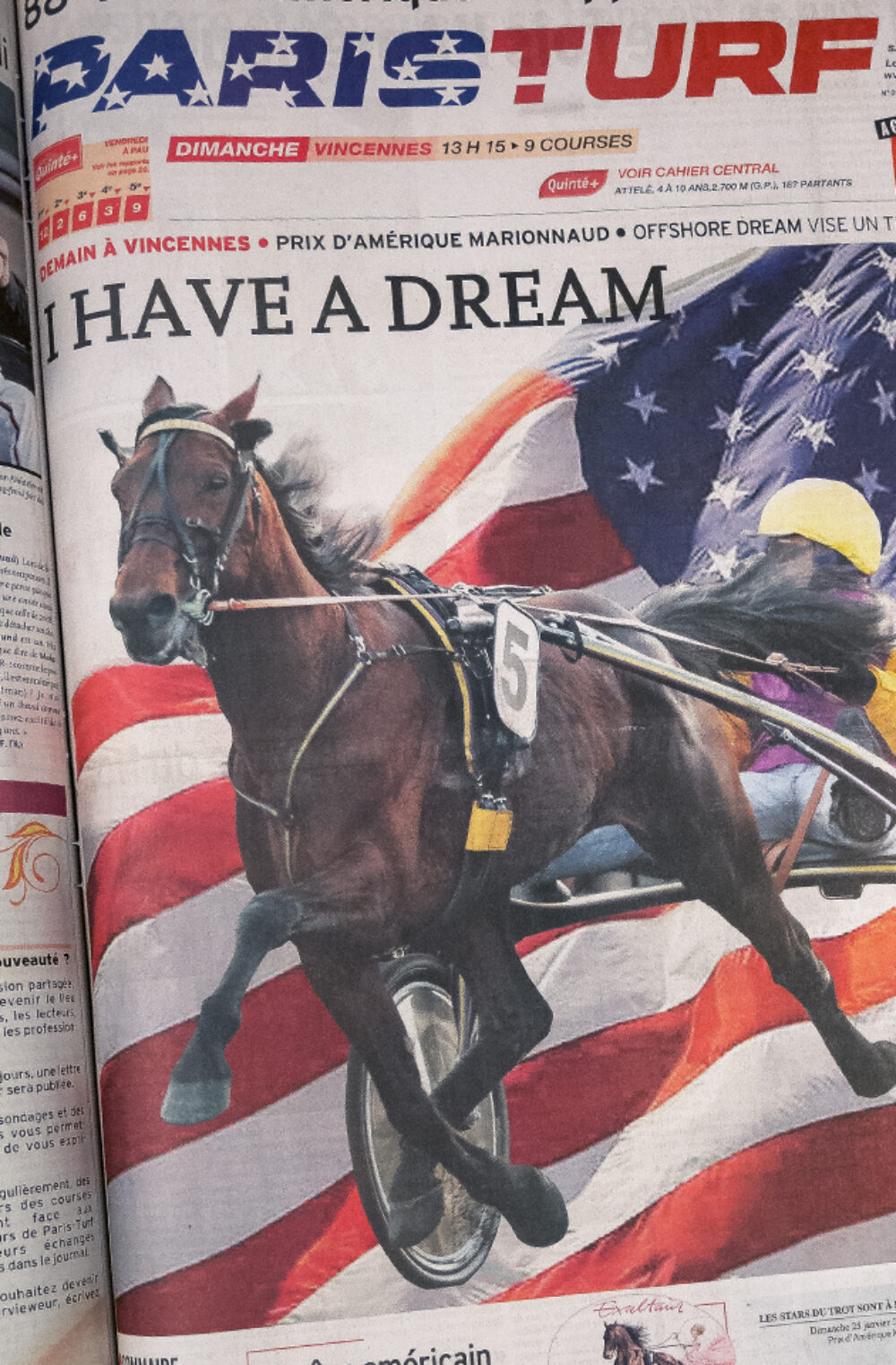
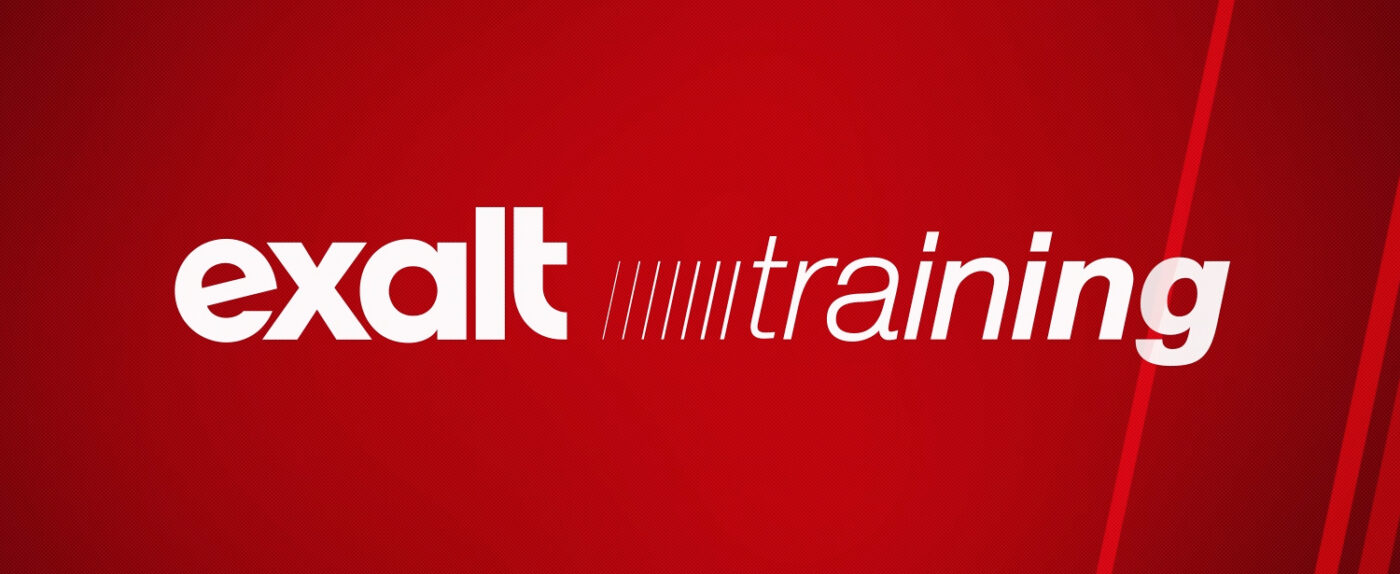
Transition.
All was then a question of transitioning from the theoretical features to potential or achievable functionalities. Relying on their vast experience in R&D and the contributions of expert networks, Souffl was able to counter one by one all objections to the project’s viability, which then led to the drafting of precise and comprehensive specifications. Adding just the right amount of detail made it possible to formulate a financial estimate, finalize the choice of partners and define a roadmap for the project. All of the work done beforehand helped to build credible propositions for the expected level of customer service, sales approach, and cost and revenue structure.
Once all aspects were approved, the project moved on to the implementation phase. At this stage, the team expanded and mobilized other experts. From that point on, the project needed to be integrated into the group’s organization, and we needed to pass on its culture and original vision: the shared knowledge of our client. Every week, new people and teams showed interest in the project until all of the Paris-Turf Group finally came together in October 2017 to proudly present Exalt training at the Deauville Horse Show.
